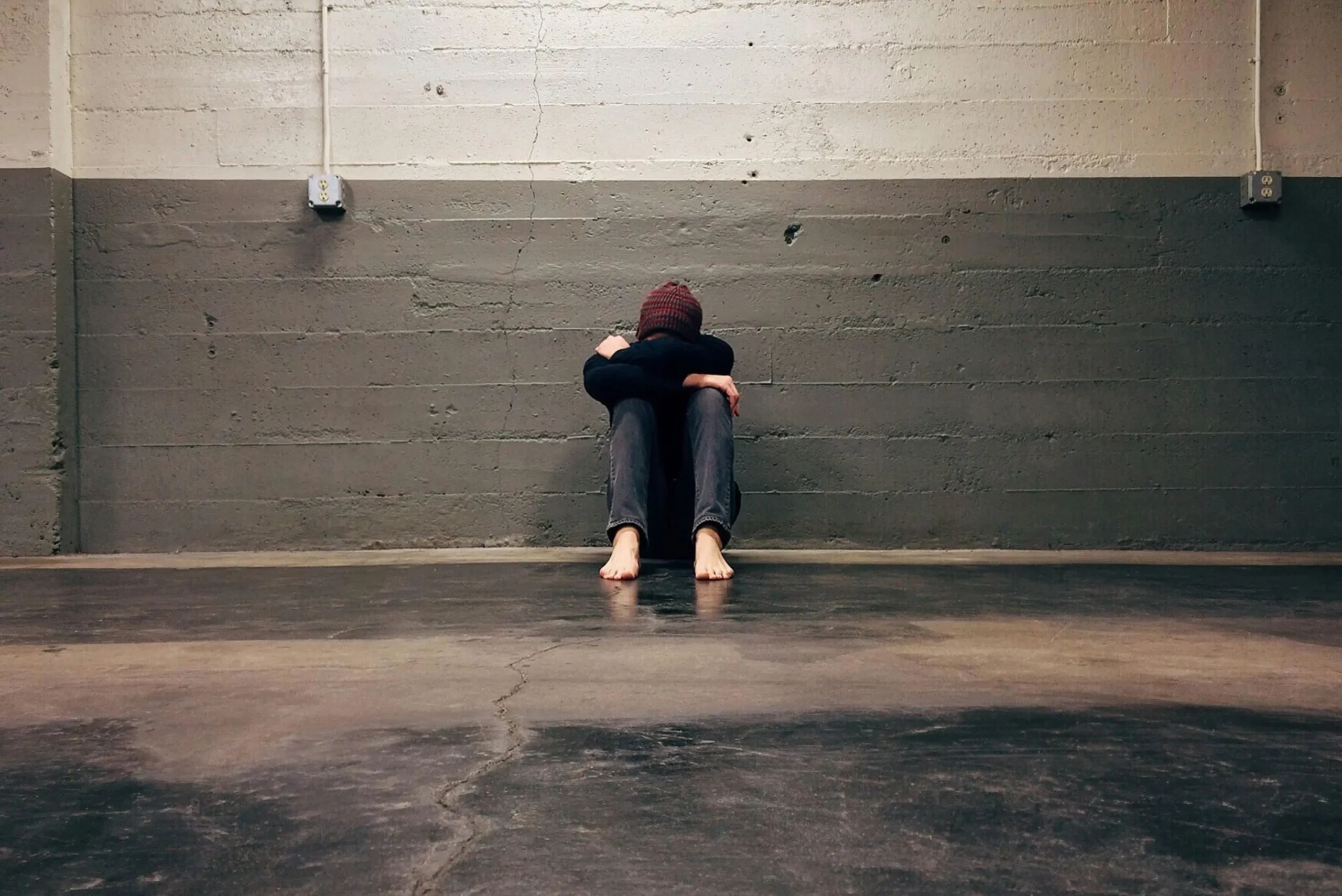Many people think that a DUI charge in Arizona can only happen when blood alcohol concentration (BAC) passes the legal limit. However, in Arizona, you can get a DUI under the limit.
Let’s clarify scenarios where an under-the-limit DUI is a real possibility in Arizona.
💡
Can You Get a DUI Under The Legal Limit in Arizona?
Yes, you can be charged with a DUI in Arizona, even if you’re under the legal limit.
Overview Of Arizona DUI Laws
In Arizona, like in many other states, the legal blood alcohol concentration (BAC) limit is 0.08% for most drivers.
But it’s key to know that Arizona’s DUI laws don’t just stop at the BAC level.
They take into account various factors to assess a driver’s impairment.
This means you could still face DUI charges even if your BAC is under 0.08%. The state’s comprehensive approach to DUI laws is all about making the roads safer for everyone by addressing all forms of impaired driving.
Defining DUI in Arizona
In Arizona, the definition of Driving Under the Influence (DUI) revolves mainly around the aspect of impairment.
Legally, a DUI is not strictly about surpassing a specific BAC level; it’s about how alcohol or other substances affect a driver’s ability to operate a vehicle.
Arizona law states that a person can be charged with a DUI if they are impaired to the slightest degree by alcohol, drugs, or a combination thereof, regardless of their BAC.1
This broad definition underlines the state’s focus on the practical impact of impairment on safe driving rather than just the numerical value of alcohol in the bloodstream
Scenarios Where You Can Get a DUI Below the Limit
The Importance of Understanding Impairment
In Arizona, several scenarios can lead to a DUI charge, even when the driver’s BAC is below the standard 0.08% limit.
Evident Impairment
Cases where physical or behavioral signs of impairment are clear, regardless of BAC levels, can result in a DUI.
This could include slurred speech, erratic driving, and difficulty in coordination.
Law enforcement officers are trained to detect these signs, understanding that BAC does not solely determine impairment.
Zero Tolerance Laws
Arizona enforces strict rules for specific groups, such as drivers under 21.
In these cases, any detectable alcohol in the system can lead to a DUI.
This zero-tolerance approach reflects the state’s commitment to discouraging underage drinking and driving.
Commercial Drivers
For commercial drivers, the stakes are higher, and so are the standards.
In Arizona, commercial drivers face a lower BAC limit, typically 0.04%, acknowledging their greater responsibility while operating larger vehicles.3
Prescription and Over-the-counter Medications
When it comes to specific prescription and over-the-counter medications can impair one’s ability to drive, potentially leading to a DUI charge.
Drivers should know that medications can have side effects, like drowsiness or reduced reaction time, impair driving abilities.
Combination of Alcohol and Drugs
The interchange of alcohol with legal or illegal drugs can significantly increase impairment, resulting in a DUI.
Even small amounts of alcohol, when combined with drugs, can enhance the effects and lead to unsafe driving conditions.
Acknowledging the complexity of DUI laws in Arizona and the significance of understanding how various factors, besides BAC, contribute to driving impairment.
Drivers must know these laws to navigate the roads safely and responsibly.
- Individual Differences: Factors like body weight, metabolism, food intake, and genetics can significantly change how alcohol affects someone.
- Unreliable Self-Assessment: Judging your level of impairment can be tricky and often inaccurate. You might feel okay to drive after drinking, but your judgment and motor skills could be compromised without you realizing it.
- Personal Limits: What might be okay for one person can be too much for someone else. It’s crucial to recognize and respect these personal boundaries.
-
- Making Informed Decisions: Knowing your alcohol tolerance is important, but making smart choices is key. If you’re ever unsure about your ability to drive safely, it’s always best to choose alternatives like a designated driver, public transport, or ride-sharing services.
- Community Safety: By choosing not to drive after drinking, you’re not just keeping yourself safe, you’re also looking out for everyone else on the road.
Legal Consequences of a DUI Below the Limit
In Arizona, the legal consequences of getting a DUI with a BAC below the standard of 0.08% can still be significant.
These penalties are designed to deter impaired driving and ensure public safety.
Even if your BAC is below 0.08%, you can face various legal repercussions, depending on the specific circumstances of your case.
DUI Penalties in Arizona | |
|---|---|
| DUI First Offense: | Jailed for 10 days, fined not less than $1,250, required alcohol screening/education/treatment, mandatory ignition interlock device, and community service. |
| DUI Second/Subsequent Offenses: | Jailed for 90 days, fined not less than $3,000, 12-month license revocation, required alcohol screening/education/treatment, mandatory ignition interlock device, and community service. |
| Extreme DUI First Offense: | Jailed for 30 days, fined not less than $2,500, no probation or suspended sentence, required alcohol screening/education/treatment, mandatory ignition interlock device, and community service. |
| Extreme DUI Second/Subsequent Offenses: | Jailed for 120 days, fined not less than $3,250, 12-month license revocation, required alcohol screening/education/treatment, mandatory ignition interlock device, and community service. |
| Aggravated DUI: | Prison for not more than two years, one-year license revocation, required alcohol screening/education/treatment, mandatory ignition interlock device, and community service1. |
These penalties emphasize the strict stance Arizona takes on DUI offenses.
What if I Don’t Consent to a Test?
Suppose you refuse to submit to or do not successfully complete any tests when you are arrested for driving under the influence. In that case, you will automatically lose your driving privilege for 12 months or 24 months for a second refusal within 84 months.
In addition, you will be required to complete an alcohol or drug screening before you can obtain a restricted permit or reinstate your driving privilege1.
Preventive Measures and Safe Driving Practices
| Preventive Measures and Safe Driving Practices | |
|---|---|
| Use Designated Drivers (DDs) | Arrange a plan with a sober friend to take responsibility for driving, ensuring a safe return home after social activities involving alcohol. |
| Public Transportation and Ride-Sharing | Utilize public transport or services like Uber and Lyft as alternatives to driving under the influence, enhancing road safety. |
| Effects of Alcohol and Medications | Being aware of how alcohol and medications impact driving ability can impair judgment and motor skills. |
| Planning Ahead | Before participating in activities involving alcohol, plan your return home, such as arranging a ride in advance or using public transportation. |
| Having Awareness | Having awareness about impaired driving risks within your community to foster a culture of responsible drinking and driving. |
Please Don't Drive Under The Influence
Even when you genuinely think you haven’t had that much to drink, please ask someone you trust to help you get home, whether it’s Uber or a sober friend.
Any impairment, whether it’s alcohol, medication, opioids, etc., please don’t get behind the wheel.
No matter how much you trust yourself to drive yourself home, ask a trusted sober pal or Uber.
There is always a safer way home.










